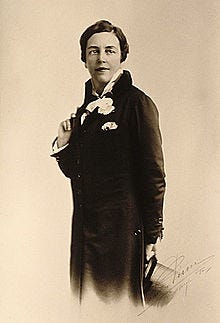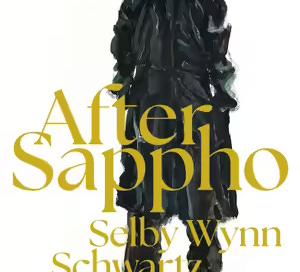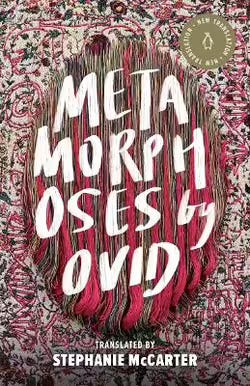What I'm reading: women at work; women in love
I'm off to ancient Greece and 19th-century France, reading Selby Wynn Schwartz's After Sappho.
Hi! I’m Hannah James, journalist, writer and editor, and this is where I read and recommend nature books, and think out loud about nature-related topics. Thanks for reading!
What I’m reading
I’m returning from a hiatus with a book that’s not strictly about nature, I’m afraid. It is, however, very vivid about place: there is the “hot white dust of the great theatre at Delphi”. There are the Greek islands of Crete and Capri and Lesbos. There is always Paris.
It is After Sappho by Selby Wynn Schwartz, and it’s absolutely extraordinary. It tells the stories of real 19th and 20th-century women in fictionalised, lyrical sections modelled on the fragmentary surviving lines of the work of Sappho.
And Sappho, the revered sixth-century BC Greek poet who famously wrote of love between women, is the linking thread between Schwartz’s fascinating subjects, who include the writers Lina Poletti and Virginia Woolf, the dancers Isadora Duncan and Ada Bricktop Smith, the actors Eleonora Duse and Sarah Bernhardt, the artist Romaine Brooks, the designer Eileen Gray, and the singer Damia.
They were all feminists, and they all transgressed gender norms in one way or another.

Some of the biographical details may be familiar, and a lot of the subject matter is serious: the specifics of how legal systems, governments and societies have imposed institutional misogyny can be at once depressing and enraging, given the new restrictions being imposed on women’s hard-won freedoms in the US and elsewhere.
“We had been fighting for decades, sometimes desperately, for the rights to our own lives.”
If Schwartz’s project and topic sound heavy, though, her delivery is anything but. The book is beautiful and funny and lightfooted, dancing from one woman to the next, weaving strands of story into a shimmering cloth of gold.
“We might open a seemingly ordinary biography, its chapters neatly partitioned, and find that it was webbed throughout with the most extraordinary filaments of a life. A life after all did not happen by itself, in discrete units. Thus this biography would be bound together with all of our lives, twined through from preface to index: curling, animate, verdant.”
The ‘we’ of both those quotes is the ‘we’ of the Greek chorus that narrates this book, a device that’s all the more powerful for not being overused. It shows that, although Schwartz is ostensibly telling the stories of the most brave and brilliant and notorious of the women who helped swing society more towards tolerance, she is also telling the stories of those who never made the headlines, but whose lives mattered nonetheless. It is gloriously, generously inclusive - of the reader too, of course.
“It was 1928, we insisted to Natalie, it was time for books where we could poetically be everyone at once.”
As an invocation of the power of the collective, the power of the imagination, and the power of literature, that’s an excellent summary of what Schwartz’s book - and what much great literature - is all about.
What I’m reading next
The classical framework of After Sappho got me thinking about other feminist reworkings of Greek and Roman literature. Somehow I’ve never read Madeline Miller’s Circe or The Song of Achilles, both epics told from the perspective of the women involved. So now I’m planning to!
And for some reason (the patriarchy), it wasn’t until 2017 that the first version of The Odyssey translated into English by a woman was published. Why does that matter? Because Emily Wilson’s Odyssey corrects biased or just plain wrong translations of words about women that generations of male scholars missed or ignored.
Similarly Stephanie McCarter’s new translation of Ovid’s Metamorphoses, according to this article she wrote in the Washington Post, is the first to simply state the act of violence that precipitates most of the metamorphoses. I won’t write the word for fear of falling foul of your email filters (ha!), but suffice it to say there’s no ‘wooing’ or ‘ravishing’ in her version. Good.
I did a Classics degree 20 years ago, and, mired in the linguistic difficulties of making my own translation, or stultified by the grandiose, male-centric language of the existing versions, sometimes wondered how long people would go on reading these works.
So I love this new movement. I love that these old, old stories still have cultural relevance, still spark debate, still stand up to re-interpretation and re-translation and reworking. I love that they still have something to say.
Thanks again for reading! Feel free to hit reply to this email to have a chat (I always write back!), press the heart button if you liked this, or comment.
Also! Follow me on Instagram @hannahjameswords, on Twitter @hannahjamesword and check out my website at hannahjameswords.com.






